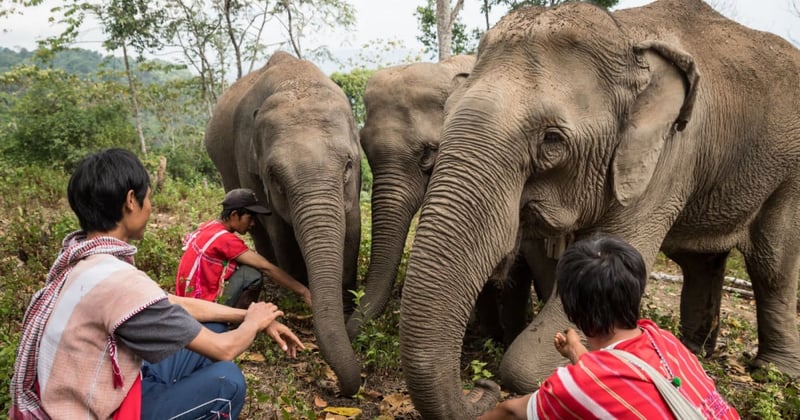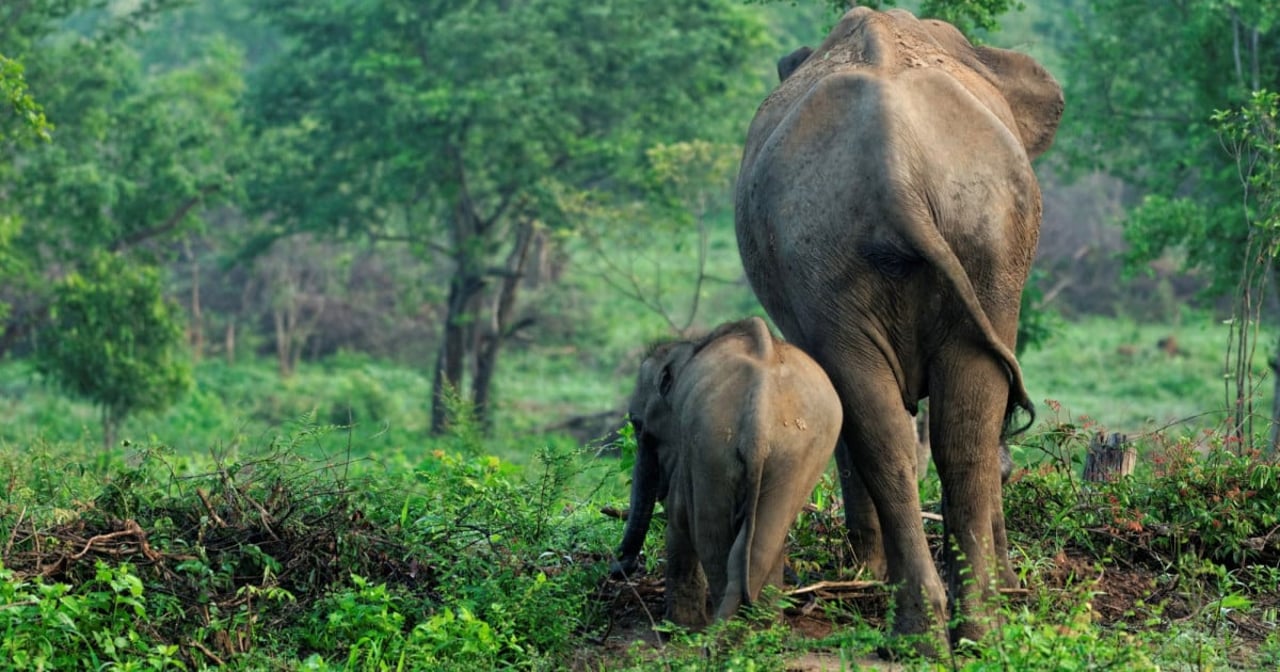
There are no winners in the elephant tourism industry
News
'A mahout is an elephant rider, trainer, or keeper. Usually, a mahout starts as a boy in the family profession when he is assigned an elephant early in its life. They remain bonded to each other throughout their lives’.
That’s Wikipedia’s definition of a mahout, and one which will chime with many tourists who have a romantic vision of the life of mahouts and their relationship with elephants. Sadly, the reality in the elephant tourism industry is very different.
Our new research, working with the Department of Sociology and Anthropology at Chiang Mai University, shows the idealistic, commonly held perception of mahouts is quite far from the truth.
We know with a growing tourism industry and demand for elephant entertainment, the traditional role of mahouts is being increasingly taken over by regular labourers, lacking in skills and training.
It’s not to say mahouts in the traditional Wikipedia defined sense don’t exist – they do, but it’s the exception, not the rule.
The reality is many mahouts take up the job because they cannot find alternative employment or believe it will be an easy job, and many of the elephants suffering for entertainment will have four or more different mahouts on their back during a lifetime.
In what is the first comprehensive study of the social and financial situation of mahouts across Thailand, we found there are no winners – both elephants and mahouts are losing out.
While elephants suffer in poor living conditions, being forced to carry people on their backs, mahouts are experiencing low pay for a high-risk job, with many suffering injuries and having little financial security.
The lack of comprehensive training provided for mahouts, particularly those receiving only one month’s training, puts both mahouts and tourists interacting with elephants under their supervision, at serious risk of injury too.
As well as the animal welfare concerns, the risk of injury to people is something the travel industry should be taking extremely seriously.
Why did we do this research?
Much of our research on the issue of elephant tourism to date has rightly focused on the welfare conditions of elephants suffering in entertainment venues throughout Asia.
Through our work studying wildlife entertainment venues across Thailand, we discovered the role of mahouts is unclear and outdated.
Now with university’s researchers speaking with 200 mahouts at 80 camps across Thailand, we have a stronger understanding of the life of elephant mahouts today.
This World Elephant Day do the right thing for elephants and mahouts and only visit elephant-friendly venues when you can observe elephants from afar, where they’re free to just be elephants.
Read more about elephant-friendly tourism venues
Help give elephants a better life.
By Ben Pearson, Senior Campaigns Manager Australia/New Zealand
Image credit: World Animal Protection/Nick Axelrod
In what is the first comprehensive study of the social and financial situation of mahouts across Thailand, we found there are no winners – both elephants and mahouts are losing out.
